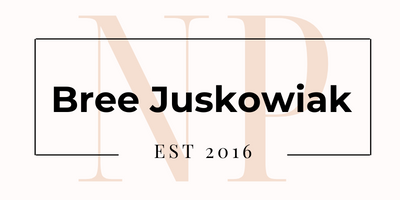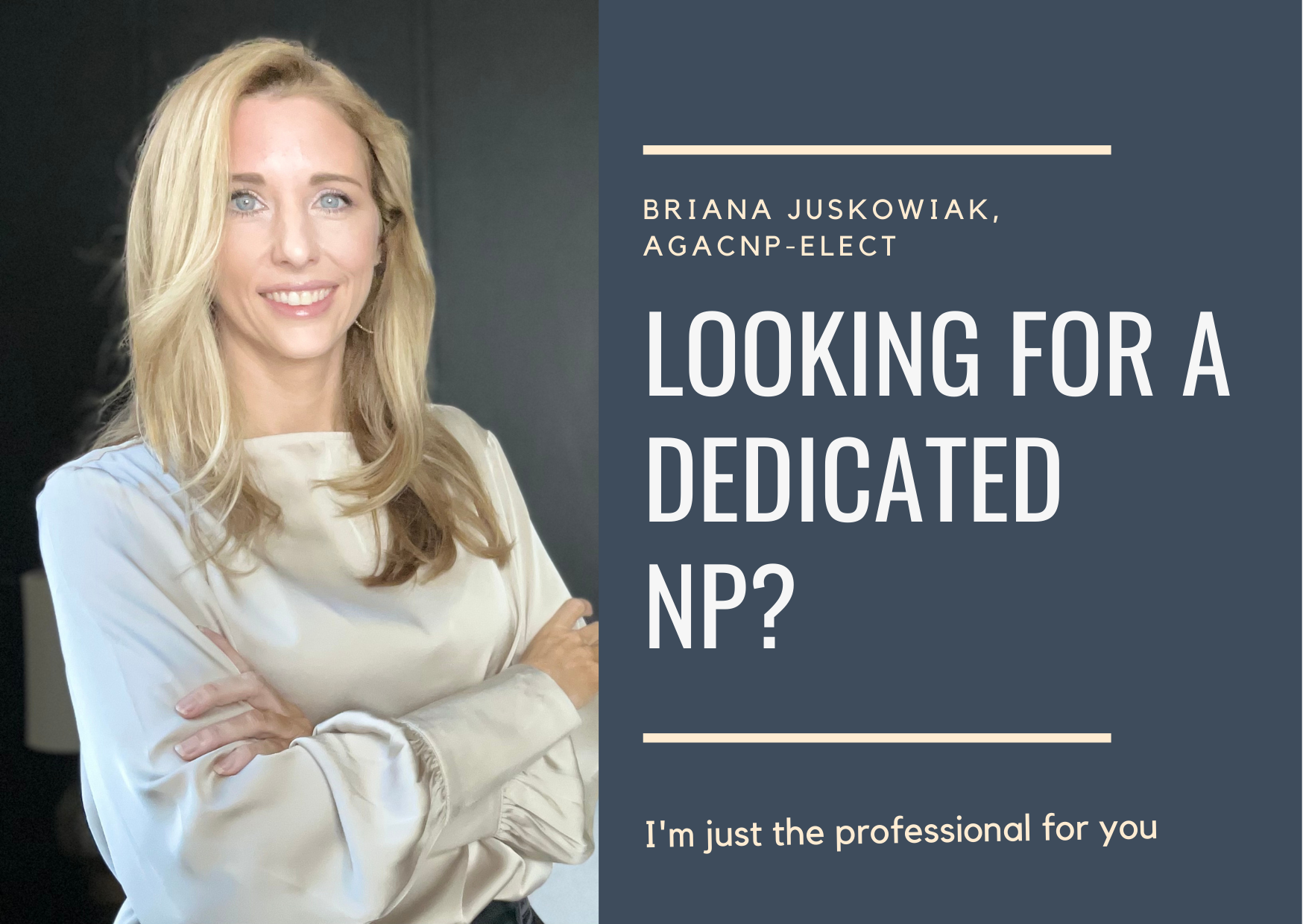How To Find A Nurse Practitioner Job
“The NP market is saturated.” If I had a dollar for every time I heard this…ugh. I take exception to this phrase because I feel like people use it either to make excuses or to discourage nurses from advancing their degree. Now, I’m not saying the job market for APPs - both nurse practitioners and physician assistants isn’t loaded with candidates, but the issue is more complicated than simply a matter of numbers. My experience is regional - based upon my personal work experience and those of my colleagues, networks, former cohort, and preceptees. In my neck of the woods here in Georgia and the greater Atlanta area - I would say it is highly competitive and this varies based on the degree and specialty. For example, should you want to do general cardiology you will have zero issues. Should you want critical care, it will be considerably harder to find something as a new graduate. I also talk with nurse practitioners across the country who share similar woes but there seems to be a distribution and experience gap. What does this mean? Well, in many places (I would say here in Ga also) there are plenty of job postings. The issue is they aren’t getting many applications because of one of several issues:
It is in a less desirable location
It is paying less than desirable salary
It requires experience
It is the less desirable shift
This means that for new graduate nurse practitioners or those who don’t want the rural areas; the off shifts there will be a lot of competition for the few jobs you can apply. If you are having difficulty finding a job here are some strategies you can employ.
Start with the end in mind.
As you begin clinicals pay homage to the seriousness of the experience. It is not just a time for you to learn. It is also a time for you to meet people, both within the group you are with and via networking with other teams. All eyes are on you in regards to your talents, training level, and personality. It is a time for you to show them what you can do. Even if there aren’t positions open at that time, if they like you they will keep you in mind in the future, or better yet, they may make a spot for you. One rotation I did had a nurse practitioner who was going to retire in the upcoming year. Because they liked me, they created a temporary FTE to onboard me so that they could attain me even though they did not have a need at that exact time. Trust me friends, skills and personality are everything in this type of work. Your clinicals are essentially a working interview so make sure you impress.
Create an elevator pitch.
Pre-grad school I had never heard of such a thing. I’m a nurse, I am in high demand and I have experience and skills - marketing is not something I need to do. But as a nurse practitioner the total opposite is true. Suddenly I need a degree in marketing just to find and acquire a job. Good thing they taught me all about that in school. Wait! They didn’t teach you that either? Yeah, this is all self taught stuff right here. My husband is in the business world so I learned a lot from him. In particular the resources to go to. Interestingly enough, just like any other subject you can teach yourself a lot and there is tons of help out in the world now. The first step in selling yourself is being able to define yourself. It is waaaaaaayyyyyy harder than it sounds. Sit down and write out a list of your attributes and your passions. Then try to combine them into one sentence. Create a mission statement. Ok, that was a start. Now expand on this a few sentences. Script out what you would say if you were stuck in an elevator with a hiring manager for your dream job. What would you say to someone you don’t know about why you are the dream candidate they didn’t know they needed. It’s tough. When I graduated school I wanted to be a palliative care NP so mine sounded like this: “Hi, I’m Bree Juskowiak, I am an acute care nurse practitioner elect and I would make the best palliative care NP you could ever hope for. I have sixteen years at the bedside in many complimentary service lines including ER, critical care, and palliative care as a nurse. I am really great with families and patients in helping them see that we in healthcare are their advocates. I’d love to give you my business card and or send you my portfolio.” It’s similar to the objective portion of your resume but it should sound conversational. Practice it over and over and over until you can say it naturally. Then use it as many times a day with as many appropriate people as possible. Sell Yourself! No one else will.
Create a business calling card.
Ok, I coined this phrase because I didn’t really have a name for what it is. It’s more than a business card but less than a resume. It’s tangible and succinct at the same time. See the pictures below of my sample card. Mine is the size of a post card. I made it on canva (free and very easy to use) and ordered some to keep in my purse. I pass them out when I want to deliver an elevator pitch but either: am too shy or have limited time to talk. My favorite thing to do is have a casual introduction and hand them my card and ask them to take a look and give me a call. What to include: the jist of who you are, what your background is, and how you can benefit this person. It also has clear call to actions: call me at ____ or email me at ____.
Create a portfolio.
This is a step beyond the calling card; beyond the resume. It is a collection of pertinent nitty gritty details that can seal the deal for you. A former student created one and it is the main factor in why she was offered the job OVER experienced NP’s who applied. Yes, you heard that. A new grad with no experience won out because she was able to sell herself very very well. See the Youtube video linked below to watch the interview where she talks about it. Ideas to organize in the portfolio: notes from co-workers, accolades from managers, notes from patients or families, notes from teachers, recommendation letters, any career praising words, texts even, case logs, procedure logs, clinical rotation details/hours, references, a letter describing why this is the dream team/specialty for you and why investing in training you as a new grad will be worth their time and effort.
Get out there and sell yourself.
Yes this does include the job websites like indeed, liquid compass, monster, etc. But, it’s so much more than that. Start with identifying your dream job. Write it out and be specific - specialty, shift, pay, team attributes, etc. Then look around for jobs that match it. Then go to those people (I probably would just show up as opposed to calling), take a small token, maybe a basket of some sort, ask them if you can leave a portfolio. Don’t ask if they are hiring, just ask if you can leave your information and a small gift. Most teams hire by word of mouth or from within their own organization. Just because you don’t see a job posting doesn’t mean they aren’t hiring. You will be more effective at selling yourself to teams that you want to work for than trying to sell yourself to a team that has a job posting that you really don’t want. You also want to network with anyone and everyone. Search for state specific or topic specific FB forums (acute care nurse practitioners, nurse practitioners in georgia, etc). They are a wealth of info, y’all. Ask around, but be professional. Don’t just post: looking for a dermatology job. Upload a copy of your calling card and write a few sentences about where your passions lie and ask for help. The more specific you are the more likely people are to help because again, you ring sincere.
Front Side Of Calling Card
Pretty straight forward. Lead with what you represent to them. How you can help them. Looking for an NP?
Back Side
My favorite part is the quote. See if you can have someone who thinks highly of you as a NP (or the role you are looking for), even if it’s as a student, write you a sentence like this. People remember referrals more than anything else. We live in the generation of reviews. Get a good review.




